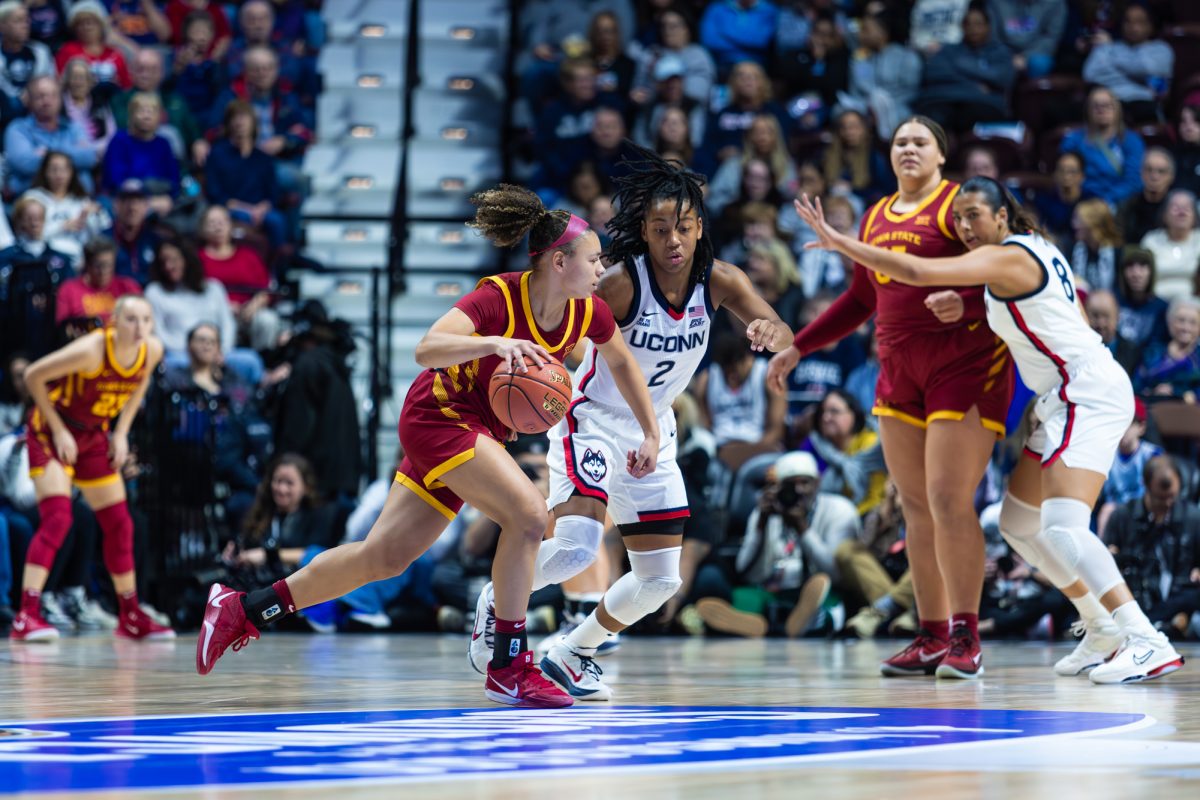African ambassadors tout continent’s potential
October 17, 2007
African ambassadors from a number of countries say it is an excellent time to invest.
As part of this year’s World Food Prize Day, leaders from several countries took part in an International Symposium addressing some of the concerns and remedies current in Africa.
Amadou Ba, ambassador of Senegal, said it was obvious the student population had a lot of interest in Africa.
“We cannot have this kind of audience in Washington; we cannot get people to be here,” Ba said.
He said the pressures for Africa to rise to global standards were immense and Africa would rise to the challenge.
However, he did take time to say that a lot of the problems Africa was having were due to European colonization.
In Europe, for example, each country was able to develop its own boundaries and has a strong nationality because of it, he said.
This is not so in Africa, where colonization drew boundaries without regard to populations.
“Within one small country you can have five, maybe 10 languages,” Ba said.
Ba said these problems were not entirely one-sided and Africa had made some bad decisions as well. He felt the problems were not insurmountable.
Hawa Ndilowe, ambassador of Malawi, said there was a change going through Africa.
“If you are looking at the political situation in many African countries, the democratization process is taking place,” Ndilowe said.
She said Malawi was very politically stable and used to this opportunity to focus on what foreign investment could do for the country.
“There are a new breed of leaders who are very clear of where they are coming from and where they are going,” Ndilowe said.
She said agriculture was the backbone of Malawi and foreign investment should maximize their ability to produce exportable products.
Keerteecoomar Ruhee, ambassador of Mauritius, opened his lecture by asking if anyone in the room actually knew where his country was.
He said it wasn’t pictured on the map the audience was given. Mauritius is actually an island off of the coast of Madagascar.
“It’s an island which is 34 miles by 24 miles,” Ruhee said. “So 720 square miles, which makes it slightly bigger than Des Moines.”
His focus turned to foreign investment after the geography lesson.
He however he took a few moments to share his hope for Africa.






